What they won't write on the labels: what you need to know about 10 "harmful" food additives
Categories: Food and Drinks
By Pictolic https://pictolic.com/article/what-they-wont-write-on-the-labels-what-you-need-to-know-about-10-harmful-food-additives.htmlHow often do you take processed cheese, butter, soda or cookies from the shelf and start reading the label before putting the product in the basket? It is possible that this is always the case. But how much useful information do you extract for yourself from these letters and numbers? In order to formally meet the requirements of various instances, seemingly simple products speak to us in an encrypted language, which confuses customers.
Anyone who lives in the city and pursues the goal of eating only healthy and natural food in these conditions, it's time to come to terms with the fact that the industry expels all living things from the raw materials and makes up for the losses with acidifiers, stabilizers, emulsifiers, preservatives, and the sausage turns into a Petri dish. It remains only to arm yourself with information and know what you put in your mouth.
We have collected ten of the most common dietary supplements and tried to tell about them impartially.

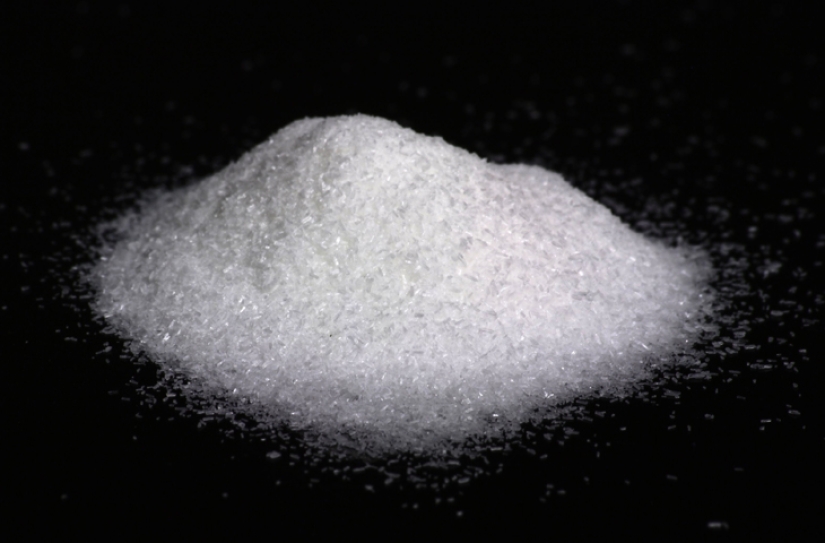
The most famous and most ambiguous additive hiding behind the E621 label. Glutamate enhances the taste and gives it a new shade, which is called umami. The stable connection with potato chips, burgers, doshirak, spice mixes and other canned goods, junk food and unwanted products has so spoiled the image of sodium glutamate that it is popularly referred to as a "silent killer". It allegedly destroys the brain, spoils vision, causes allergies and drug addiction — after meeting with glutamate, normal food for a person ceases to exist.
Of the above, only allergy has been confirmed. Other side effects are added to it, such as excitation of the central nervous system, a decrease in hemoglobin levels with regular use, irritation of the oral mucosa and cracks on the lips. However, there is no question of any mass genocide — the negative effects concern only those who are sensitive to the supplement as such. The rest may not be afraid for their health and life.

It is found in soft drinks, spices, bakery products. Of course, it is found in fast food: last winter, McDonald's in Australia launched a secret sauce for Big Mac - a 50 ml bottle, where high-fructose corn syrup is next to mustard, vinegar, onions and spices.
In the food industry, it is widely used as a thickener and sweetener of dishes, and moreover it is quite natural, because fructose is a natural sugar, it just costs less than usual, while chemically it is almost identical. If the syrup is added to the product, it will look fresh, tender and will not dry for a long time.
As for the harm, scientists cannot yet back up fears for people's health with accurate facts, and therefore fructose sugar should not be abused, as well as the usual one. But if your prejudices prevail, then give up what is listed at the beginning.
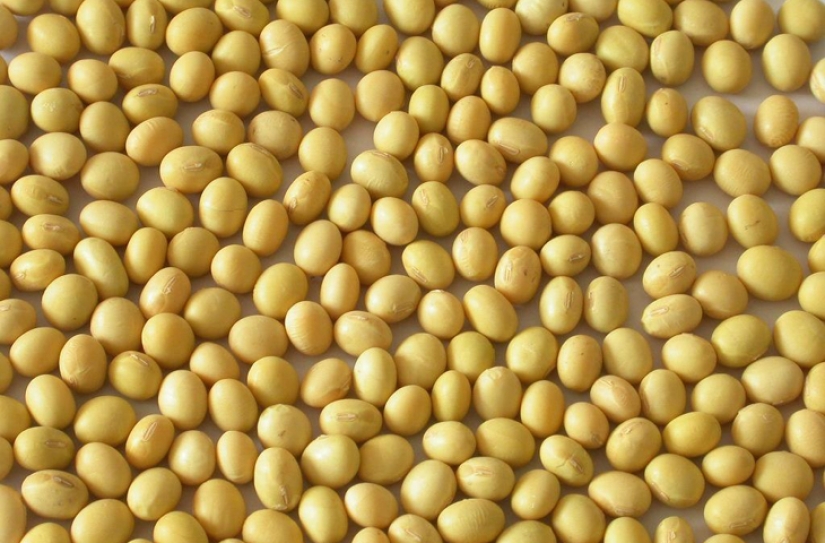
Vegans and vegetarians have found reliable consolation in soy, despite the fact that scientists do not speak unequivocally on all aspects. Yes, in terms of protein content, it is comparable to meat and fish, it lowers cholesterol and promotes weight loss. On the other hand, a special enzyme contained in soy suppresses the activity of proteins and enzymes that help to digest them. Soy also disrupts the development of the endocrine system in children and negatively affects the body during pregnancy.
But what kind of word did we put in the subtitle? Isoflavones are substances structurally similar to the female hormone estrogen. If there is a cancerous tumor in the body, estrogen stimulates its growth, but soy isoflavones are able to prevent this by taking the place of estrogens. However, doctors categorically do not recommend taking soy isoflavones in pure form as a dietary supplement if there is no absolute certainty in the absence of tumors, and this is not yet possible for medical diagnostics.
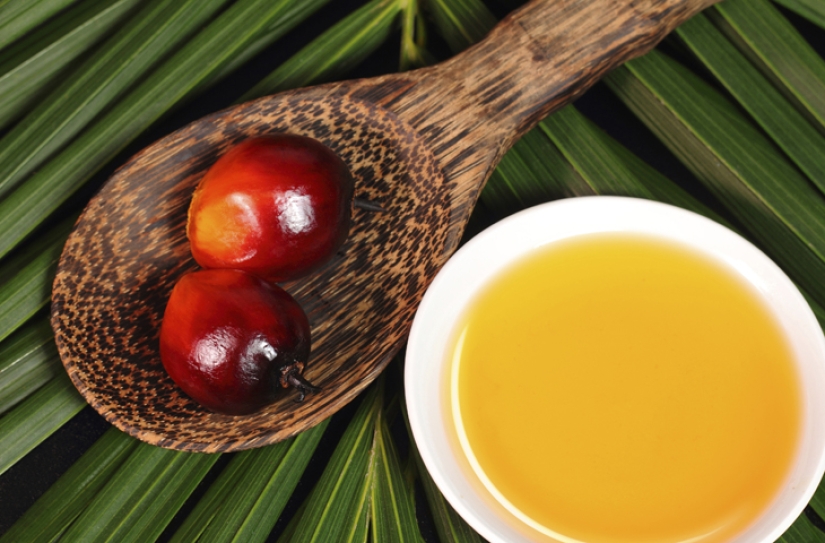
This kind of vegetable oil is obtained from the soft part of the fruits of the oil palm. Statistics from the World Wildlife Fund says that 50% of all packaged products contain palm oil in their composition. Palm fruit oil is one of the record holders in the content of vitamin E, which allows us to talk about it as a preventive agent in the fight against cancer, as well as vitamin A. The main harm of palm oil is that it contains a significant percentage of saturated fats. The oil undergoes a hydrogenation process, when a solid, in fact fat, is obtained from the liquid state.
There is no unambiguous opinion again: due to saturated fats, oil creates heart problems, but the presence of vitamins A and E should make the oil useful for the prevention of cancer. But more often you come across just the opposite statements. They are justified by the fact that along with edible red palm oil, there is technical oil. It is extremely harmful, but its low price pushes it to be used in the production of ice cream, cookies and cheese.

Gluten, or gluten, is a complex protein found in cereal plants. It is thanks to him that the dough becomes elastic, and the pastries are delicious. But you can find it not only in cereals and pastries, but also in yoghurts, ice cream and other dairy products, to which gluten gives viscosity. It is also present in sausages, sausages and alcohol.
But it is really worth giving up gluten only to those who suffer from celiac disease, when the body does not accept this protein and in trying to get rid of it causes itself collateral damage. This translates into diabetes, lack of weight, depressed states. The number of such people is 1% of the total population of the planet. Whether gluten is a source of evil for the remaining 99% is unknown, and there are suspicions that a gluten-free diet is just a fashionable fad.
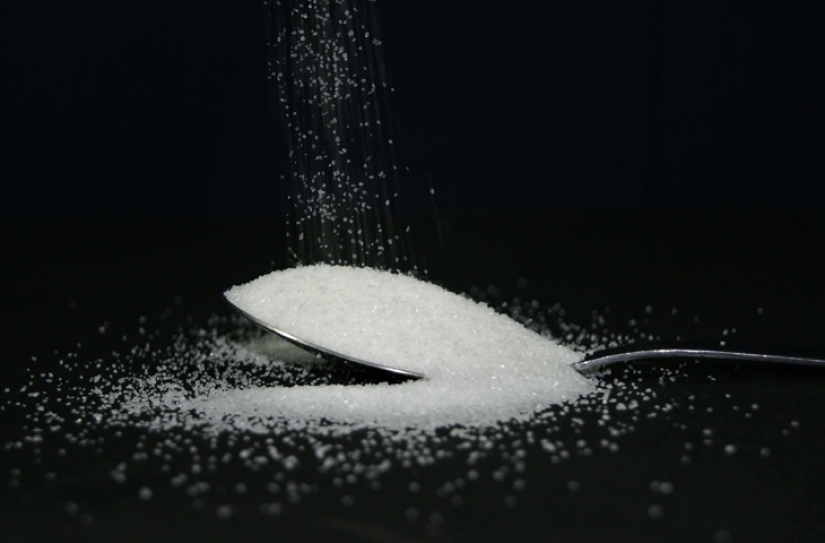
This artificial sweetener is 200 times sweeter than sugar. Aspartame is included in diet sodas, sugar-free chewing gums, yogurts, sweets and other sweet products. Aspartame has incurred the rays of anger for methanol, an acid that is a product of the breakdown of aspartame in the body and is allegedly carcinogenic. Cancer is accompanied by depression, headache, allergies - this sweetener is allegedly to blame for all this.
Either fortunately, or unfortunately, even scientists cannot argue these accusations. Recent studies say more about the absence of any harm at all, but it's still not worth absorbing it with buckets.
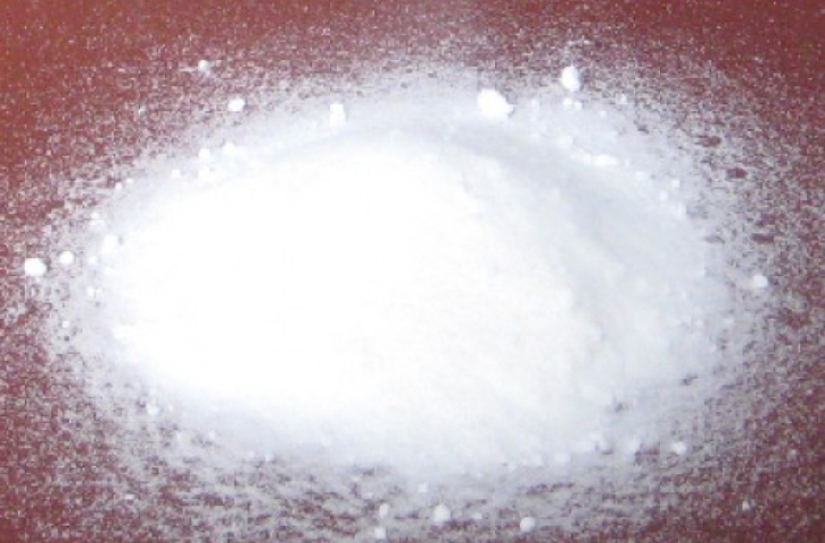
The white powder of sodium nitrite is assigned the role of a preservative that preserves the pleasant appearance of the product for longer. Sodium nitrite can be found in meat and fish products, sausage, sausages, smoked meats and ham, whose bright red color is the merit of the preservative.
Studies have revealed that the reaction of sodium nitrite with amino acids when heated increases the potential for cancer when using products that have been heat treated in the presence of sodium nitrite. There was also a link between the use of such products and bowel cancer and between the frequent use of meat containing nitrites and severe respiratory diseases.
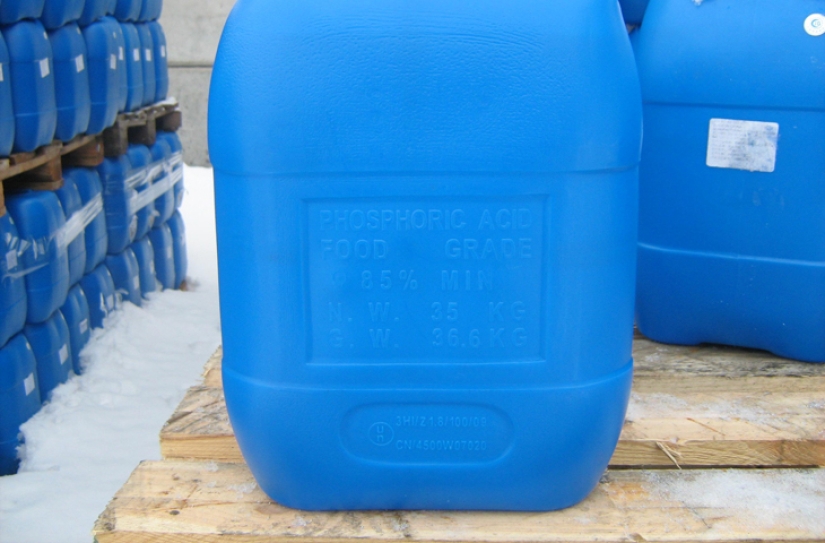
Another addition, the number of misconceptions around which goes against both scientific data and household experiments. Orthophosphoric acid is included in the composition of carbonated drinks for their acidification, and its derivatives are found in sausages and processed cheeses. Once in the stomach, it increases the acid-base balance in the body towards acidity, and in order to compensate for it, the body displaces calcium from bones and teeth. The result is tooth decay and tingling in the stomach. At least that's what they say.
However, here's the problem: gastric acid is orders of magnitude stronger than orthophosphoric acid, but for some reason we still haven't digested ourselves. Coca-Cola is far from pure acid, as experiments demonstrate. Put a human tooth or a piece of meat in a container with pure acid and soda for a couple of days, and the difference will be enormous — there is not enough acid in soda to cause the damage to the bone and meat structure that they like to frighten young children.
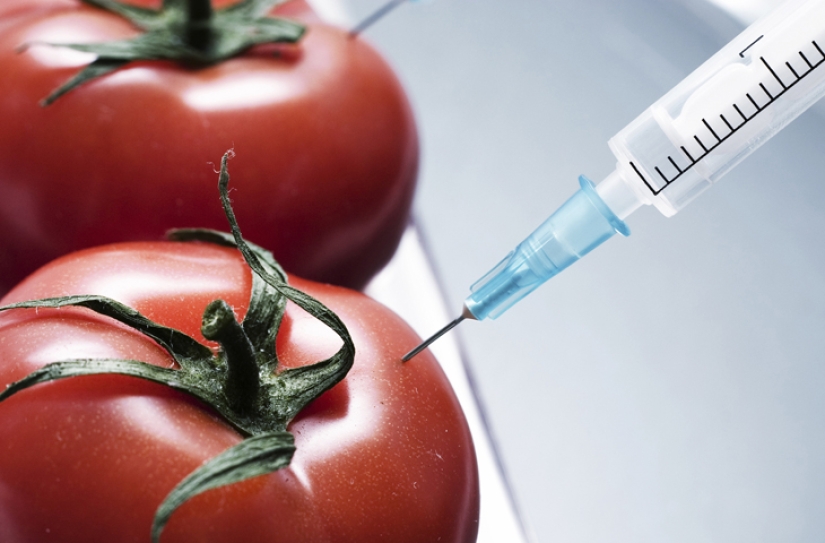
They themselves are not additives, but they can be part of such. To include these notorious organisms in our list allows the scale of hysteria in a society too concerned that evil scientists go against the laws of nature and cynically pervert over their favorite natural products. In the meantime, there has been no evidence of their fatal impact on the human body, and there is no excitement, and the unrest stems only from the unwillingness to understand the definitions.
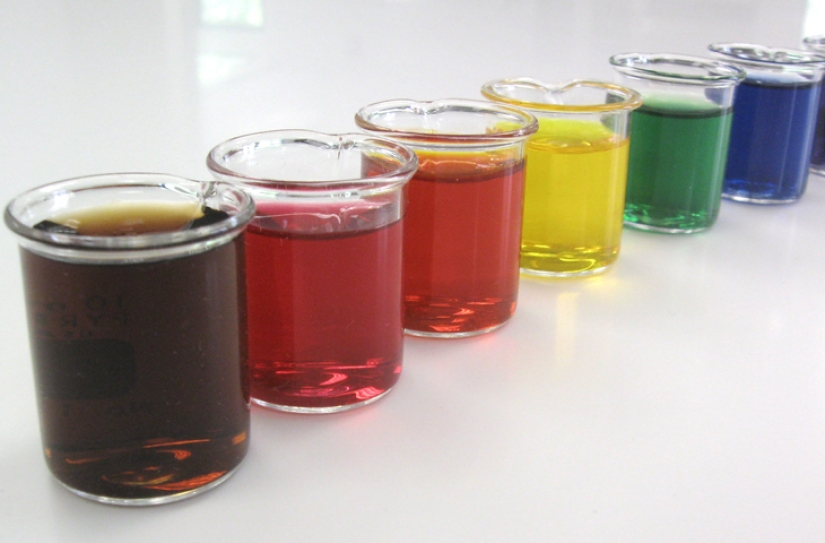
Food was always "tinted". But over time, safe natural dyes are replaced by artificial organic compounds that do not exist in nature. Studies have shown that there is no benefit in them, but there is enough harm for both children and adults: excitability, decreased concentration, mood swings, dysbiosis, allergies, absent-mindedness.
Recent articles

It's high time to admit that this whole hipster idea has gone too far. The concept has become so popular that even restaurants have ...

There is a perception that people only use 10% of their brain potential. But the heroes of our review, apparently, found a way to ...

New Year's is a time to surprise and delight loved ones not only with gifts but also with a unique presentation of the holiday ...